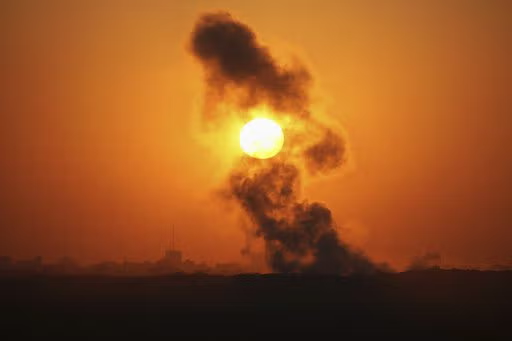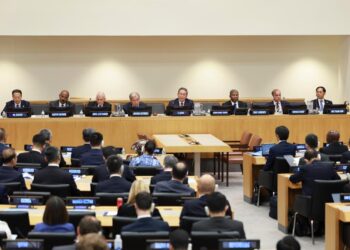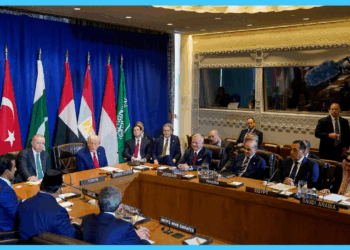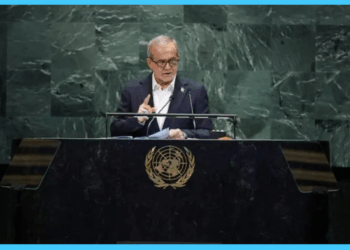Doha/Washington D.C.; Hopes for a breakthrough in the ongoing Gaza conflict have been severely undermined after both the United States and Israel withdrew their negotiating teams from the ceasefire talks in Doha, Qatar.
The collapse comes amid weeks of indirect discussions mediated by Qatar, Egypt, and the United States, aimed at reaching a truce between Israel and Hamas.
The United States’ Middle East Peace Envoy, Steve Witkoff, confirmed that the Trump administration had recalled its negotiating team from Qatar.
He attributed the move to what he described as Hamas’s “lack of seriousness and unwillingness” to work toward a ceasefire agreement. Witkoff said, “Despite the sincere and sustained efforts of the mediators, Hamas is not negotiating in good faith, nor is it showing the intent to make real progress.”
Just hours earlier, the Israeli government had also pulled its team out of the talks, further signaling a significant setback for diplomacy in the region. According to Israeli officials, Hamas’s latest proposal fell short of key Israeli demands, particularly regarding the disarmament of Hamas and the return of Israeli hostages.
Hamas, in response, expressed surprise at the sudden withdrawal of the US delegation. In an official statement, the group reiterated its commitment to negotiations and insisted that it had shown flexibility in its latest proposals. It accused Israel of stalling the talks and claimed that its revised plan addressed humanitarian concerns and offered a roadmap toward a lasting ceasefire.
The new draft submitted by Hamas reportedly included stipulations for increased humanitarian aid, establishment of military withdrawal zones, and international guarantees for a permanent ceasefire.
However, these terms appear to have been insufficient to meet Israeli and US expectations. Israeli Prime Minister Benjamin Netanyahu’s office confirmed receipt of Hamas’s updated proposal but gave no indication of future engagement, raising fears that diplomatic channels may now remain closed indefinitely.
This diplomatic rupture occurs against the backdrop of an escalating humanitarian catastrophe in Gaza. The United Nations and several humanitarian organizations have issued repeated warnings about the worsening conditions in the enclave, citing widespread malnutrition, lack of clean water, and the imminent threat of famine.
The failure of talks is expected to further delay much-needed aid delivery and deepen the suffering of the civilian population.
Analysts say that both Israel and Hamas remain entrenched in their respective demands. Israel continues to prioritize the complete dismantling of Hamas’s military infrastructure and administrative control, while Hamas insists on a permanent ceasefire, full Israeli withdrawal, and the unfettered flow of humanitarian aid into Gaza.
As diplomatic efforts stall, the international community is growing increasingly anxious about the implications of a prolonged conflict. Without an immediate path back to negotiations, the Gaza crisis is likely to intensify, posing further risks to regional stability and worsening an already dire humanitarian situation.

























